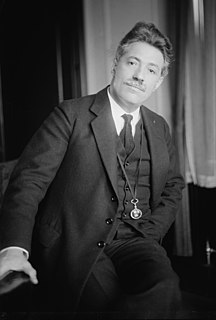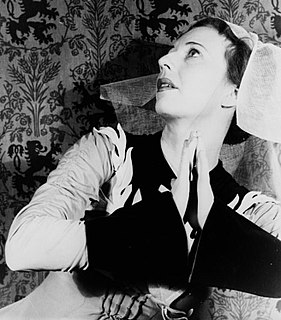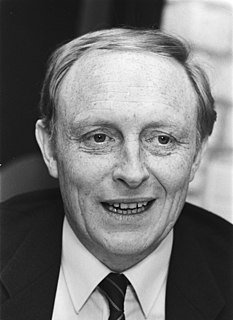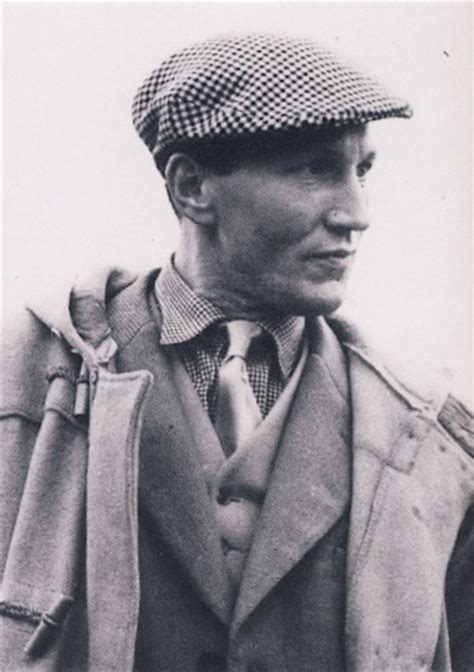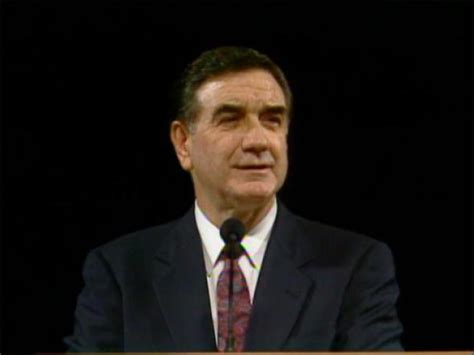A Quote by Hans Hofmann
It takes intelligence and training, self-discipline and fine-sensibility, to gain renewed life through leisure occupation. America now suffers spiritual poverty, and art must become more fully American life before her leisure can become culture.
Related Quotes
Action is the music of our life. Like music, it starts from a pause of leisure, a silence of activity which our initiative attacks; then it develops according to its inner logic, passes its climax, seeks its cadence, ends, and restores silence, leisure again. Action and leisure are thus interdependent; echoing and recalling each other, so that action enlivens leisure with its memories and anticipations, and leisure expands and raises action beyond its mere immediate self and gives it a permanent meaning.
As Western nations became more prosperous, leisure, which had been put off for several centuries in favor of the pursuit of property, the means to leisure, finally began to be of primary concern. But, in the meantime, any notion of the serious life of leisure, as well as men's taste and capacity to live it, had disappeared.
What have we got here in America that we believe we cannot live without? We have the most varied and imaginative bathrooms in the world, we have kitchens with the most gimmicks, we have houses with every possible electrical gadget to save ourselves all kinds of trouble - all so that we can have leisure. Leisure, leisure, leisure! So that we don't go mad in the leisure, we have color TV. So that there will never, never, be a moment of silence, we have radio and Muzak. We can't stand silence, because silence includes thinking. And if we thought, we would have to face ourselves.
Training is principally an act of faith. The athlete must believe in its efficacy; he must believe that through training he will become fitter and stronger; that by constant repetition of the same movements he will become more skilful and his muscles more relaxed...He must be a fanatic for hard work and enthusiastic enough to enjoy it.
How we use our leisure is equally as important to our joy as our occupational pursuits. Proper use of leisure requires discriminating judgment. Our leisure provides opportunity for renewal of spirit, mind, and body. It is a time for worship, for family, for service, for study, for wholesome recreation. It brings harmony into our life.
Now the code of life of the High Middle Ages said something entirely opposite to this: that it was precisely lack of leisure, an inability to be at leisure, that went together with idleness; that the restlessness of work-for-work's sake arose from nothing other than idleness. There is a curious connection in the fact that the restlessness of a self-destructive work-fanatacism should take its rise from the absence of a will to accomplish something.





